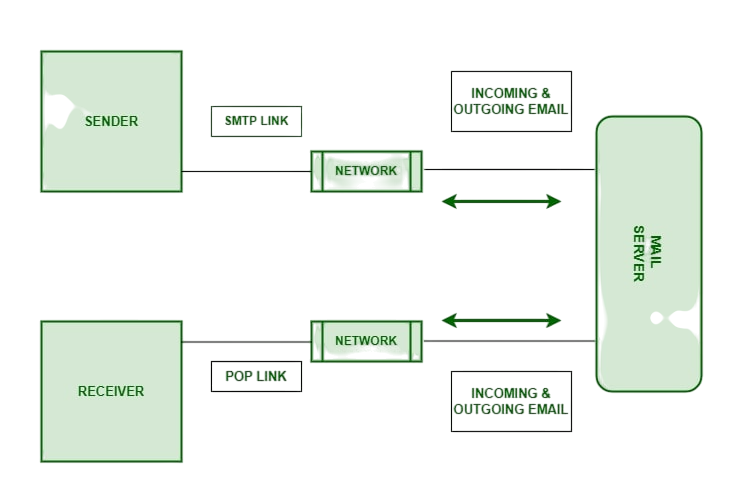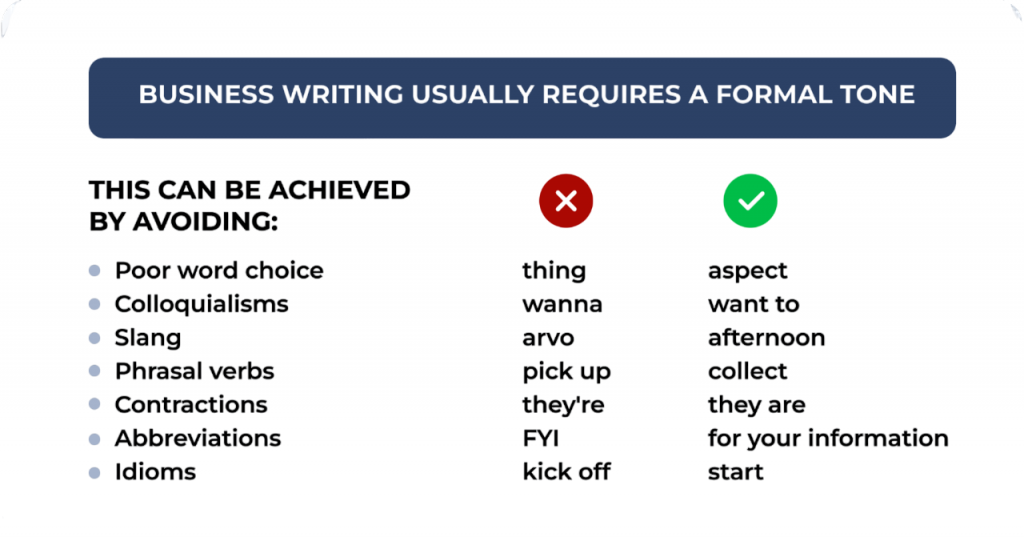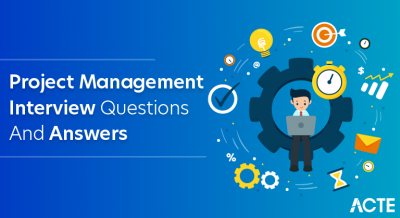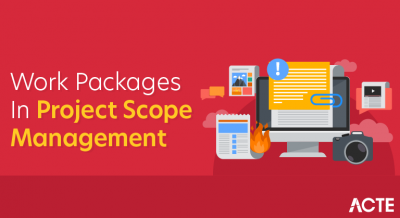
- How a Well-Written Email Can Get You Hired
- Importance of a Good Email
- Structure of Job Emails
- Greeting and Introduction
- Email Body Do’s and Don’ts
- Attaching Resume Properly
- Following Up
- Tone and Language
- Sample Templates
- Conclusion
How a Well-Written Email Can Get You Hired
In today’s competitive job market, the first impression you make often comes not from a handshake or a resume but from an email. Your email serves as a digital handshake. It introduces you, conveys your professionalism, and demonstrates your communication skills. In fact, crafting such emails is a key component of Softskills Training, as it reflects your ability to communicate effectively in a professional setting. It is often the deciding factor in whether your resume is opened or ignored. That’s why learning to craft effective, clear, and targeted job application emails is crucial for every job seeker. Writing professional emails is an essential skill for job searchers looking to make a good first impression in the competitive job market of today. Learning how to writing professional emails will greatly improve your chances of getting an interview, regardless of your level of experience or degree.
To Explore PMP in Depth, Check Out Our Comprehensive PMP Certification Training To Gain Insights From Our Experts!
Importance of a Good Email
A good job application email is more than just a formal requirement. It shows respect for the hiring process and can reflect your enthusiasm and attention to detail. Here’s why it matters:
- First Impressions: Emails set the tone for how employers perceive you.
- Professionalism: Clear and polished writing conveys credibility.
- Communication Skills: The ability to express yourself concisely is a valued skill.
- Stand Out Factor: A personalized, role-specific email can help you shine in a crowded inbox.
- Demonstrates Initiative: A proactive and thoughtful approach gives the impression that you take the opportunity seriously.
- Subject Line – Identifies the purpose.
- Greeting – Professional and addressed to the right person.
- Opening Paragraph – State the position you’re applying for and how you found it.
- Body Paragraph(s) – Highlight key achievements and why you’re a good fit.
- Closing Paragraph – Call to action and gratitude.
- Sign-Off – Professional closing with contact details.
- Attachments – Resume, cover letter, and any required documents.
- “Dear Mr. Kumar,”
- “Dear Hiring Manager,”
- “To the HR Department,”
- Focus on achievements.
- Mention key skills.
- Tailor the message to the specific job.
- Use short paragraphs for clarity. Don’ts:
- Don’t copy-paste your entire resume.
- Don’t use slang or emojis.
- Avoid long, rambling sentences.
- Never send a generic or mass email.
- File Format: Use PDF unless stated otherwise.
- File Name: Make it professional and identifiable, e.g., Priya_Kumar_Resume.pdf.
- Attachment Size: Keep it under 1MB.
- Mention It in the Email: Let the reader know you’ve attached it.
- Be respectful and concise.
- Reiterate your interest.
- Avoid sounding impatient.
- Use complete sentences.
- Avoid jargon and abbreviations.
- Maintain a positive and confident tone.
Getting this right cannot be overstated it’s your foot in the door. Making a good impression on prospective employers requires writing an email for a job that is both professional and clear, demonstrating strong Coding and Decoding skills in communication. Including advice on welcomes, resume attachments, and follow-ups, this article takes you through the format, tone, and substance needed to compose a successful email for job openings. In today’s competitive job market, knowing how to write an effective email for job can significantly increase your chances of getting noticed, regardless of your level of experience.
Structure of Job Emails
A professional salutation, a clear subject line, a succinct body that introduces and highlights your qualifications, a professional close, and a signature with your contact details are all necessary components of a job application email. In the body of the email, you should provide the purpose, the job title, the source, a brief explanation of your suitability, and a link to your cover letter and CV. A job application email should be clear, concise, and well-organized. Here’s the typical structure:

Following this structure ensures your email is easy to read and professional. A strong job application email goes hand in hand with using the correct resume format to showcase your qualifications effectively, especially when exploring various Career Paths After BSc Nursing. This guide not only covers how to structure your email but also highlights the importance of choosing a professional resume format that aligns with industry standards. By combining a clear email message with the right resume format, you increase your chances of standing out to hiring managers.
Greeting and Introduction
Your email should start with a professional greeting. If you know the hiring manager’s name, use it. If not, use a general but respectful greeting.
Examples:For example, a sales training program might have the objective of Increasing average monthly sales per employee by 15% within three months post-training.I am writing to apply for the Business Analyst position at XYZ Technologies, as advertised on Naukri.com, where I hope to apply insights from Top Leadership Theories to drive data-driven decision-making and team collaboration. With a degree in Business Administration and three years of relevant experience, I am excited about the opportunity to contribute to your dynamic team.
Email Body Do’s and Don’ts
Your main email body is where you pitch yourself. You don’t need to repeat your resume; highlight the most relevant aspects.
- Do’s:
I’ve led several successful product launches, supported by strong communication and leadership abilities developed through Softskills Training. With over four years of experience in full-stack web development and proficiency in Angular and Node.js, I’ve improved website performance by 45% at my previous company through code optimization and collaboration with cross-functional teams.
Are You Preparing for PMP Jobs? Check Out ACTE’s Project Management Interview Questions & Answer to Boost Your Preparation!
Attaching Resume Properly
Sending a resume incorrectly can lead to your email being ignored. Follow these guidelines:
Please find my resume and cover letter attached for your review. Also, ensure that the file opens correctly before sending, just as you would carefully check the GATE Exam Eligibility Criteria before applying. Also, ensure that the file opens correctly before sending.
Are You Interested in Learning More About PMP? Sign Up For Our PMP Certification Training Today!
Following Up
A polite follow-up email is acceptable and often appreciated if you haven’t received a response within 7–10 days.
Tips:I hope this message finds you well. I am following up on my application for the Content Writer role I submitted last week. I remain enthusiastic about the opportunity and would happily provide any additional information. Avoid frequent follow-ups.
Tone and Language
The tone of your email should be formal yet friendly. Avoid being overly casual or too stiff.

I saw the job and thought I’d be a good fit. Plz, check my resume.
Better Example:I am enthusiastic about the opportunity to contribute my digital marketing skills to your team and look forward to the challenge of enhancing your success. Your tone should reflect professionalism and sincerity. The success of a job application often depends on your email tone, which reflects your professionalism and attitude, especially when exploring different Career Options After B.Sc . This guide emphasizes the importance of maintaining a clear, confident, and respectful email tone throughout your message from greeting to closing. By understanding how email tone influences first impressions, you can craft emails that engage hiring managers and set you apart from other candidates.
Are You Considering Pursuing a Master’s Degree in PMP? Enroll in the PMP Masters Program Training Course Today!
Sample Templates
Template 1: Fresh Graduate Job ApplicationSubject: Application for Junior Analyst Role-Riya Mehra
Dear Hiring Manager,
I recently graduated with a BBA from Delhi University and am excited to apply for the Junior Analyst position at ABC Group. I am particularly drawn to your focus on data-driven strategies and believe my academic background in business analytics aligns well with your needs. Please find my resume attached. I look forward to the opportunity to contribute to your team.
Warm regards,
Riya Mehra
riya.mehra@email.com | +91 9876543210
Template 2: Experienced Professional ApplicationSubject: Senior UI/UX Designer Application – Rajiv Nair
Dear Mr. Sen,
I’m writing to express my interest in the Senior UI/UX Designer position at InnovateTech, as advertised on LinkedIn. I’ve led several product revamps and have over six years of experience creating intuitive interfaces and user-centered designs, which have resulted in significant user engagement improvements.My resume and design portfolio are attached. I welcome the chance to discuss how I can contribute to your design goals.
Sincerely,
Rajiv Nair
rajiv.nair@gmail.com | +91 9876554321
Conclusion
Writing a job application email may seem like a small step, but it is immensely important in shaping your professional identity.A compelling subject line, personalized content, correct attachments, and proper tone skills often emphasized in Softskills Training can all make the difference between landing an interview and being overlooked. With thoughtful effort, clarity, and attention to detail, your email can become a strong advocate for your resume. Whether you are a fresh graduate or an experienced professional, mastering the art of job emails is an essential career skill in today’s digital job landscape.





